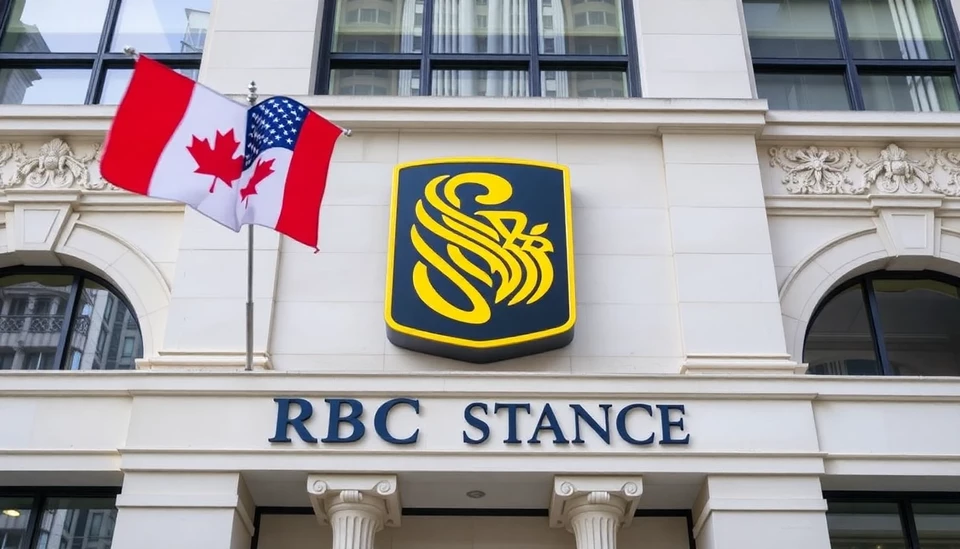
In a significant shift within the financial landscape, the Royal Bank of Canada (RBC) has announced its withdrawal from a prominent climate-focused organization. This decision comes as a broader movement among Canadian banks mirrors similar sentiments taking shape amongst major Wall Street financial institutions. The departure of RBC is not isolated but is part of a growing trend that is prompting reevaluation of commitments to environmental sustainability efforts.
RBC’s exit from the Climate Financial Risk Forum (CFRF) has raised eyebrows and sparked discussions regarding the financial sector's evolving stance on climate issues. Founded to develop approaches for managing climate-related financial risks, the CFRF's mission aligns with the increasing pressures from governments and stakeholders worldwide to adhere to sustainability practices. However, RBC's decision signals a potential pivot toward prioritizing immediate financial interests over long-term environmental commitments.
As RBC pulls away, it joins several other institutions that are stepping back from environmental initiatives, a move that echoes similar actions by some of America’s largest banks. These global financial giants have faced a backlash for failing to deliver on climate promises, with some facing lawsuits accusing them of greenwashing. The growing skepticism regarding climate financing has led these banks to reconsider their involvement in groups focused on environmental governance.
This development comes amidst a heightened reality of challenges facing banks and the corporate sector at large as they navigate the complexities of balancing profitability with social responsibility. With many institutions recognizing the volatility inherent in long-term sustainability investments, some are opting to retreat from progressive declarations made in the previous years.
The RBC's decision also reflects a broader concern among the financial community regarding the feasibility of aggressively pursuing stringent climate commitments in the current economic climate. Analysts express concern about the increasing scrutiny and expectations from shareholders, prompting a reassessment of strategic priorities that will drive financial performance in the immediate future.
Critics of RBC’s decision argue that stepping back from climate groups undermines the collective efforts necessary to combat climate change and sets a concerning precedent for other banks in Canada and elsewhere. This move has the potential to influence public perception and trust in financial institutions, especially those that once positioned themselves as leaders in the fight against environmental degradation.
Meanwhile, RBC states that its exit is part of a larger realignment of its corporate strategy, although specific details have not been disclosed. The bank has laid out intentions to focus on other initiatives that may provide a more favorable return on investment, thereby prioritizing shareholder value, which, in a traditional sense, has become a critical metric of performance.
As the financial industry continues to grapple with these dilemmas, stakeholders will be closely observing how this affects not only the reputation of RBC but the overall commitment of Canadian banks to combating climate change. The outcomes of these decisions will likely resonate beyond the industry, influencing broader environmental policies and corporate accountability standards in the years ahead.
As the financial sector evolves, the tension between immediate returns and long-term sustainability commitments will remain a topic of heated debate. It will be imperative for banks and other financial institutions to navigate these pressures prudently while considering the global call for more decisive action against climate change.
In conclusion, RBC's departure from the climate group raises vital questions about the future of banking commitments to sustainability and whether the current trends will have lasting implications throughout the sector.
#RBC #ClimateChange #CanadianBanks #WallStreet #Sustainability #Banking #FinancialSector #EnvironmentalPolicy
Author: Peter Collins




